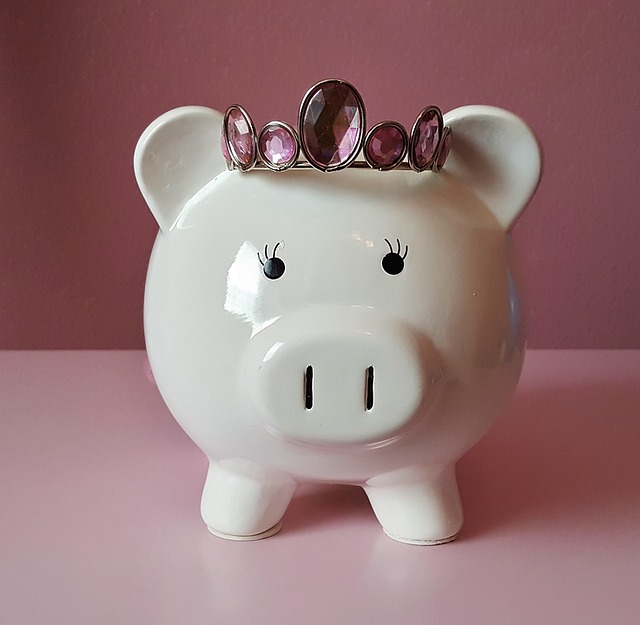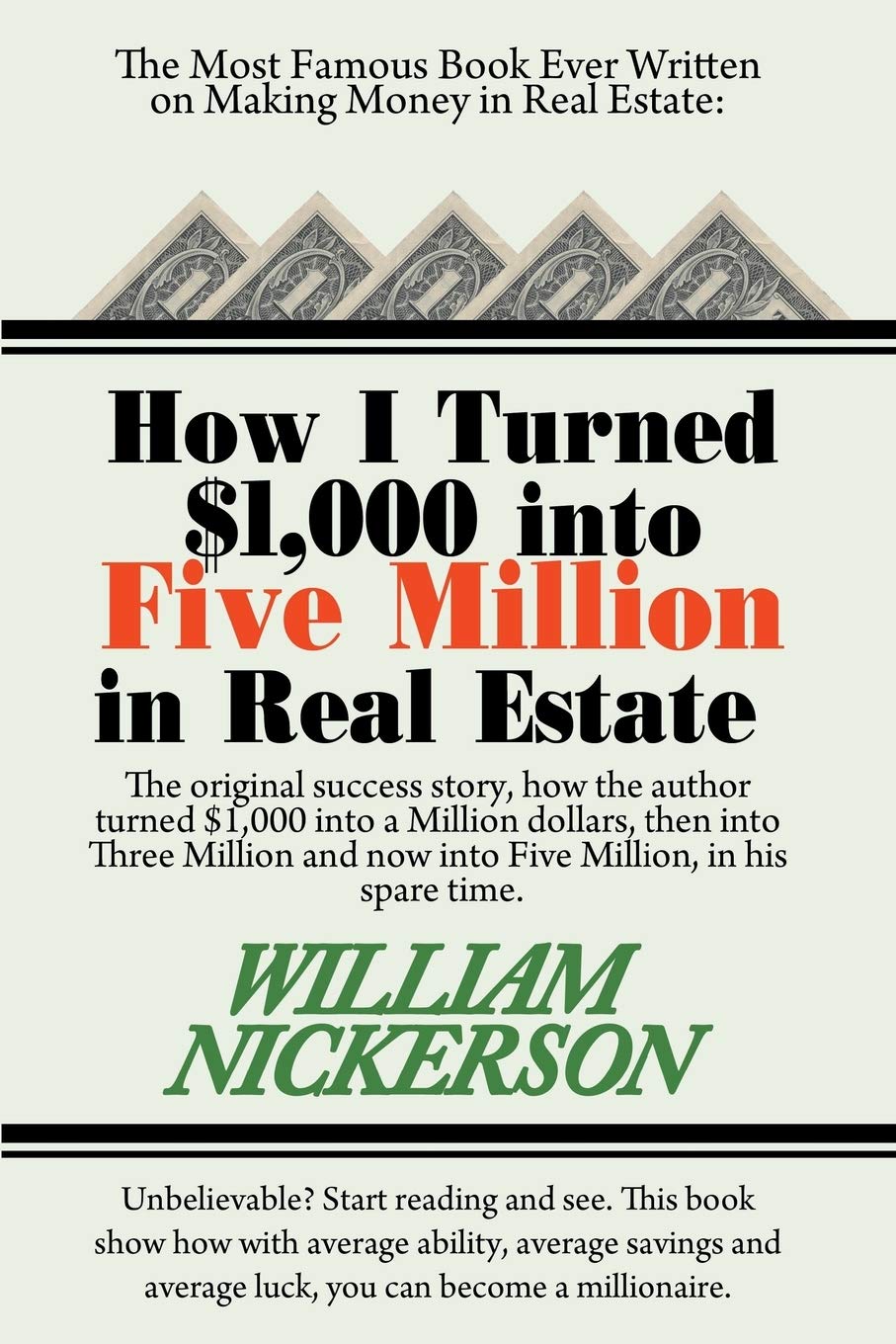
This is a guest post from Pauline of InvestmentZen.com
I do not fear risk. I have failed many times and I am not afraid to pick myself up again and try once more. So when it comes to wealth building, I have actually taken more risks than your average saver and investor to get ahead faster.
I took on a lot of debt to invest. Because of my line of work, and the fact that I mostly work abroad, I am not easily getting credit. Still, I got a few personal loans, some 0% credit card advances, loans from my mom and even a couple of friends, to invest.
You can’t repay those in small installments over the next 30 years like you would your mortgage. So every month, I had to find quite a bit of money to make these payments. That was the first extra push to build wealth. I was forced to hustle hard to keep the bank and my mother happy.
Use Debt to Build Wealth In Real Estate
A classic way to use debt to build wealth is to invest in real estate. I bought agricultural land, raised cattle and even bought a house, that I hoped would give me a greater return than the interest I was paying on the loans.
Yes, even my mom needed 4% on her money. She offered to lend it to me for free, but I refused, since she was getting that much on her high yield savings account, and I found it unfair not to pay at least the same. It was a risky approach. But I was confident in my ability to make money. Even more, it was the extra motivation I needed not to get too comfortable.
While this is definitely not for everyone, most people do the same when they buy a house. They use leverage to buy a more expensive asset. Let’s have a look at some numbers.
If you have $20,000 in savings, they probably make you $200 per year on a 1% savings account these days. If that.
You could buy a $100,000 house with 20% down. The bank lends you $80,000 at 4% over the next 25 years, so your mortgage will be $422.
Say you can rent the place for $422. The first month, $267 of that amount will go to the bank to pay interest, and $155 will go to pay of your $80,000 debt. A $155 monthly return on your $20,000 deposit is a 9.3% annual return on your money. As your debt shrinks, every month you will repay less interest and pay off more principle, increasing that return on cash.
I am purposefully oversimplifying this example, as I didn’t include taxes, repairs, maintenance and vacancies. But if you rent for a little more money so you can cover all these expenses and have a property that breaks even every month, 25 years later, your tenants will have paid off your property. And your $20,000 will have turned into $100,000.
Plus, the house you bought today was worth $100,000. It could be worth $209,300 25 years from now if housing prices rise 3% every year. Unless a big market crash happens, delaying a house purchase so you can go all cash usually means buying a more expensive property down the road. And it still keeps cash flowing $422 a month, now without a mortgage.
In the meanwhile, your $20,000 at 1% will have turned into… $25,648. Wow. Not much at all.
Leverage immediately increases your return on investment. But it increases your risk accordingly. If you buy a property for $20,000 cash, it can sit empty, and you don’t owe the bank a thing. With an empty $100,000 property, you still need to find $422 every month to pay your mortgage off. Or risk a foreclosure.
Use Debt to Build Wealth in Stocks
Leveraging equities is another way to use debt to build wealth. Leverage can be used in trading index funds and stocks, where instead of buying one share of the S&P500, now trading around $2,100, you can invest just $210, and trade the rest on margin. If the index goes down $210, you are wiped out and have lost all your money. Margin trading is very dangerous. At least when you leverage a house you still have a tangible asset. But trading on margin can be very lucrative too. If you forecasted correctly and the index goes up $210, you have just doubled your investment. Never invest money you can’t afford to lose if you are going to take that kind of risk.
In general, I like real estate
better, because you can always resell the asset, make money on appreciation or improvements you made, on top of just the rent. When I took on that debt to invest, I was a renter, and I thought worst case scenario, I can live on my property and pay the rent amount to my mother. Knowing she was my safety net and would never foreclose on me also helped me accept a higher level of risk. It all went well, but again, it is not for everyone.
